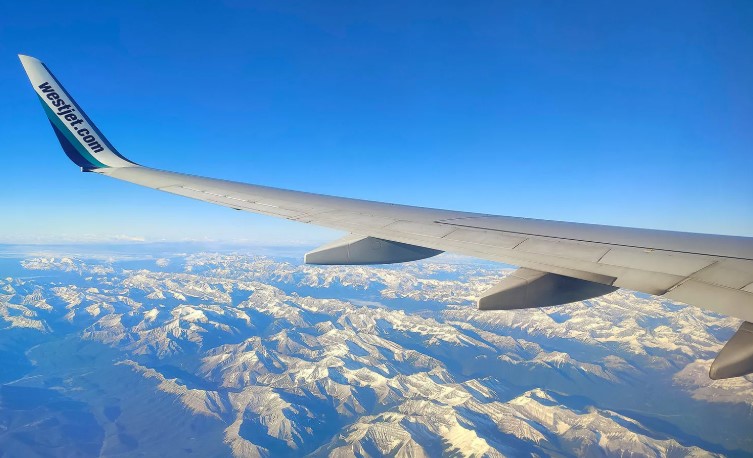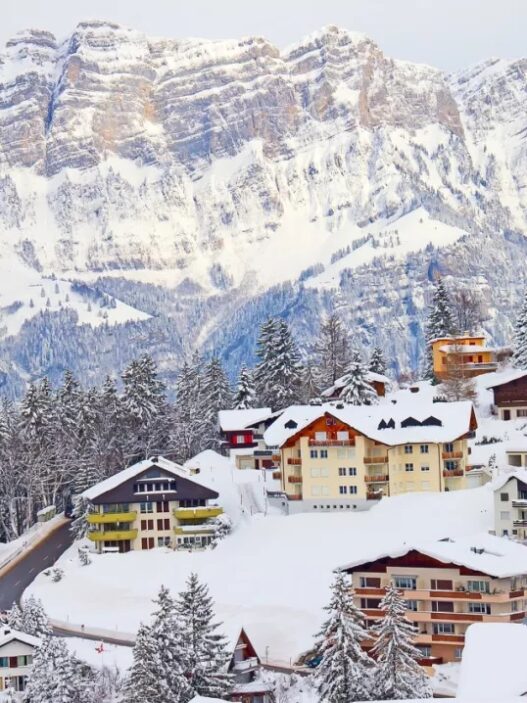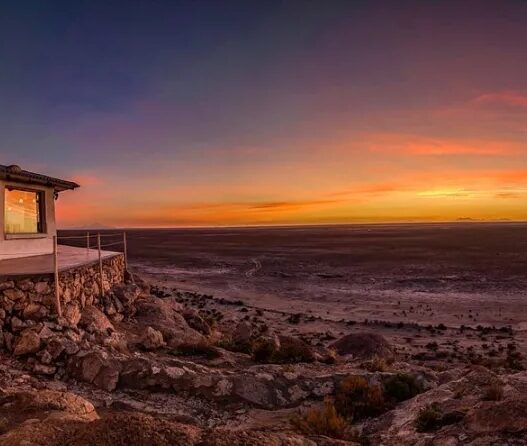Travel has always been a way to expand horizons, discover new cultures, and break free from routines. However, the rise of social media and influencer culture has led to a homogenization of travel experiences—think curated Instagram posts of the same destinations, activities, and even poses. If you’re looking to redefine how you experience the world, it’s time to explore unconventional travel styles.
This blog delves into emerging and creative approaches to travel that challenge traditional norms, offering fresh insights for those seeking authenticity, adventure, and a deeper connection to the places they visit.
Why Unconventional Travel?
Mainstream travel often prioritizes sightseeing, luxury accommodations, and curated itineraries. While enjoyable, this style can sometimes feel shallow, repetitive, or disconnected from the true essence of a destination.
Unconventional travel styles flip the script, emphasizing meaningful experiences, personal growth, and unique perspectives. These approaches align with the growing desire for sustainable tourism, cultural immersion, and journeys that leave lasting impressions beyond the perfect photo.
Emerging and Creative Travel Styles
Slow Travel: Embracing the Journey
Slow travel focuses on spending extended periods in one place to deeply connect with the culture, people, and environment.
- Why It’s Different: Instead of rushing to tick landmarks off a list, slow travelers immerse themselves in daily life, savoring local cuisine, participating in traditions, and forming genuine connections.
- Example: Spending a month in a small Italian village, learning the language, and helping with the olive harvest.
- Benefits: Greater cultural understanding, reduced travel stress, and a lower environmental footprint.

Ancestral Tourism: Walking in Your Ancestors’ Footsteps
For many, understanding their heritage can be a profound motivation to travel. Ancestral tourism involves exploring the places where your ancestors lived and understanding their way of life.
- Why It’s Different: Instead of visiting random attractions, this type of travel is deeply personal, offering emotional connections and a sense of identity.
- Example: Tracing family records to a small Scottish town, meeting distant relatives, and learning about ancestral trades or traditions.
- Benefits: A stronger sense of belonging and a unique lens through which to view history.
Reverse Tourism: Following the Routes of Locals
Instead of visiting spots popular with tourists, reverse tourism emphasizes exploring areas frequented by locals.
- Why It’s Different: Travelers experience destinations authentically, away from tourist traps and crowds.
- Example: In Tokyo, skipping Shibuya Crossing for neighborhood ramen shops, community festivals, or local parks where families gather.
- Benefits: Discover hidden gems, support local businesses, and enjoy a more authentic cultural experience.
Purposeful Travel: Making an Impact
Purposeful travel combines exploration with contributing positively to the community or environment.
- Why It’s Different: The journey is not just about personal enjoyment but about leaving a positive impact.
- Example: Volunteering at a wildlife conservation project in Costa Rica, helping build schools in rural Cambodia, or teaching English in underserved areas.
- Benefits: Personal fulfillment, meaningful connections, and contributing to global well-being.
Travel Roulette: Letting the Unexpected Guide You
For those craving spontaneity, travel roulette involves making decisions on the fly.
- Why It’s Different: This style emphasizes unpredictability, letting chance dictate the adventure.
- Example: Arriving at an airport with no planned itinerary, spinning a globe to pick a destination, or choosing activities based on recommendations from strangers.
- Benefits: Heightened sense of adventure, adaptability, and memorable surprises.
Pursuing Passion Projects
Creative travel revolves around pursuing a personal passion or creative project while exploring a destination.
- Why It’s Different: Travel becomes a medium for self-expression and creativity.
- Example: Writing poetry inspired by Icelandic landscapes, painting murals in Mexican towns, or learning traditional crafts from local artisans.
- Benefits: Enhances personal growth, fosters new skills, and deepens cultural appreciation.
Nomadic Workcations: Blurring Work and Leisure
With remote work becoming the norm, workcations allow professionals to combine productivity with exploration.
Why It’s Different: Travelers integrate work and leisure instead of separating them.
Example: Working from a beachfront café in Bali or setting up a mobile office while road-tripping across the U.S.
Benefits: Increased work-life balance, a change of scenery, and the opportunity to explore without taking extended time off.
The Philosophy Behind Unconventional Travel
Experience Over Aesthetics
While conventional travel often emphasizes picturesque destinations, unconventional travel prioritizes meaningful experiences. The goal is personal growth, cultural understanding, and connection, not just a perfect photo.
Sustainability and Mindfulness
Unconventional travelers are often more mindful of their impact on the environment and local communities. This approach aligns with sustainable tourism, minimizing harm while maximizing positive contributions.
Personalization and Authenticity
Unconventional travel is deeply personal. Whether it’s tracing your heritage or pursuing a passion, this style is tailored to individual interests and values.

How to Start Your Unconventional Travel Journey
Reflect on Your Intentions
Ask yourself why you want to travel. Are you seeking adventure, personal growth, connection, or creativity? Your answers can guide your choice of travel style.
Research Beyond the Surface
Look for local blogs, community forums, or offbeat travel guides to uncover lesser-known opportunities and experiences.
Embrace Flexibility
Unconventional travel often involves unexpected twists and turns. Stay open-minded and adaptable to fully enjoy the journey.
Respect Local Cultures
Whether engaging in ancestral tourism or reverse tourism, approach local cultures with respect and humility. Learn about customs, traditions, and etiquette before visiting.
Benefits of Unconventional Travel
Personal Growth: Stepping outside your comfort zone fosters resilience, adaptability, and self-discovery.
Unique Memories: These travel styles create stories that are as unique as the individuals embarking on them.
Deeper Connections: By immersing yourself in local life, you forge meaningful relationships with people and places.
Sustainability: Supporting local businesses and engaging in mindful travel reduces environmental and cultural impact.
Final Thoughts: Redefining Exploration
Unconventional travel styles invite us to break free from the cookie-cutter itineraries of mainstream tourism. By prioritizing authenticity, creativity, and impact, these approaches offer a richer, more fulfilling way to explore the world.
So, whether you’re embarking on an ancestral journey, embracing the unpredictability of travel roulette, or finding joy in a micro adventure close to home, remember this: Travel isn’t about how far you go but how deeply you connect.
Let’s rethink exploration and rediscover the true essence of travel—one meaningful experience at a time.



















